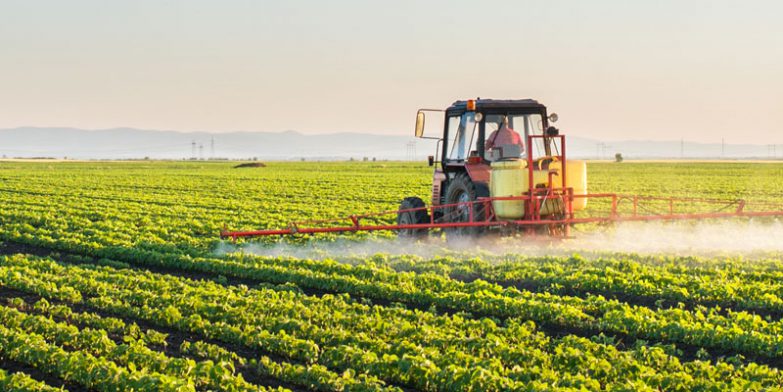
The FT’s report that the government would delay new health certification requirements for medium and high-risk goods from the EU has been confirmed, with last week’s confirmation that the government is postponing border controls from October, until January 2024.
Border controls on all goods entering Britain from the EU post-Brexit should have begun at the start of 2021, at the same time that the EU introduced strict requirements on all food exports from the UK food.
However, import controls have since been consistently delayed over the past two years, with the move of the October deadline to January 2024 the fifth to be moved back.
New physical checks on imports, that were due to come into effect in January, will now start in April.
According to a survey of EU suppliers by the Cold Chain Federation (CCF), the October deferral could avoid disruption during the Christmas trading window, with 39% of European food producing businesses supplying goods to the UK unaware of the new rules.
However, the National Farmers Union (NFU) has lobbied against further postponement to checks, because it is unfair to British producers, who have had to endure checks on food exports to the bloc for the past two years, while EU farmers face no such regime and consequently enjoy a competitive advantage.
Under the new post-Brexit import rules, from January 2024, export health certificates signed by a qualified certifying officer will become mandatory for every consignment of ‘medium risk’ meat, dairy and fish products exported from the EU to the UK.
The CCF had written to ministers, to share their survey’s findings, requesting that the October implementation be moved back to the 31st January 2024, because they believe that the government needs to deliver a much more effective communications campaign, to increase awareness of the change among EU businesses.
The CCF survey also found that 78% of EU businesses believed that costs will increase to their UK customers as a result of the new rules, and while 60% said they planned to continue servicing UK customers at the same frequency after implementation, 10% had planned to reduce the frequency and 7% planned to stop serving the UK altogether.
With the current regulations for imports of foodstuffs remaining unchanged, there is a further three months to prepare your suppliers for the changeover and keep your supply chains running freely.
We can guide you on the new import procedures and help you to educate your suppliers, with full support for all your import and export documentary needs.
To learn how we can simplify your customs declarations, please EMAIL Chloe Henshall.





